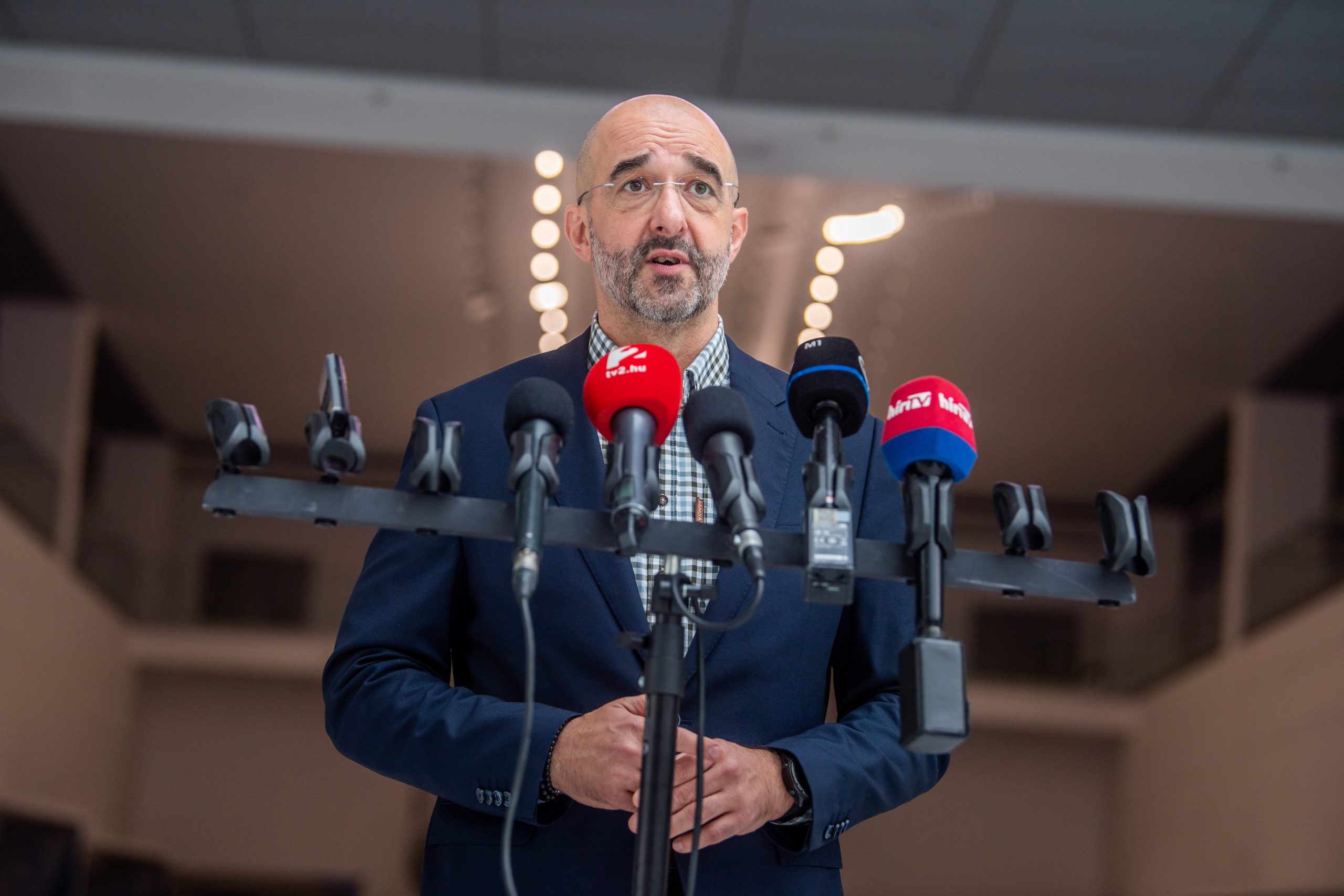
In response to an op-ed published in Times of Israel accusing the Hungarian government of using the support of Israel as a cover-up for antisemitism, the government’s international spokesman says Orbán and Fidesz’s motivations to fight antisemitism are genuine. According to Zoltán Kovács, the anti-Soros campaign has no antisemitic features.
In an op-ed, Hanna Luden, the director of a Jewish charity advocating for Israel and fighting antisemitism, argues that the support for Israel must not serve as a cover up for antisemitism. She mentioned examples where in her view, this has happened, highlighting the Fidesz government, and its anti-Soros campaign.
In her view, Soros “has become a symbol, a code word for “the powerful Jews who are conspiring to dominate the world.” Tens of thousands of posters financed by the government, criticizing Soros, and bearing his photo were hung all over Budapest, calling for the “extinction of Soros and the powers he symbolizes.”
In his response, Zoltán Kovács, State Secretary for International Communication and Relation, however, defends the government, and lambasts the author and her claims.
First, he highlights some of the government’s deeds, which according to him include:
Kovács also defends the Soros campaign, arguing that “Orbán and his governments never refer to his [Soros’] Jewish roots,” adding that the billionaire also tends to talk little about it and denying that there would have been any government-funded posters calling for the “extinction of Soros and the powers he symbolizes.”
He then slams “Soros apologists” for playing “the Jewish card in an effort to smear those who dare to oppose Soros’ pro-immigration, radical open-society agenda,” claiming that Soros is in fact “a political actor with a radical political agenda”, who along with “…the network of NGOs that depend on his funding” have no democratic legitimacy to push his ideologically-driven agenda in Hungary, especially when it concerns big national security issues like immigration.
While the Unified Hungarian Jewish Congregation (EMIH), a religious organization that regularly defends the Fidesz administration saying that the campaigns didn’t have any considerable effect in terms of antisemitism, others are more critical on the matter.
In an interview with Hungary Today, Péter Kirschner, the leader of neutral Hungarian Jewish Cultural Association (MAZSIKE), besides highlighting a number of other controversial cases in which he believes minorities were targeted, and sends a bad message to the Jewry too, also insisted that the anti-Soros campaign has very much stirred up antisemitic feelings. “It may not have been intended, but this definitely was among the outcomes of the campaign. Just a tiny little sign is enough so that the public identifies Jews as scapegoats,” he argued. Kirschner, however, highlighted that Hungarian Jews can live in safety and their cultural life is thriving.
Featured photo by Zoltán Balogh/MTI